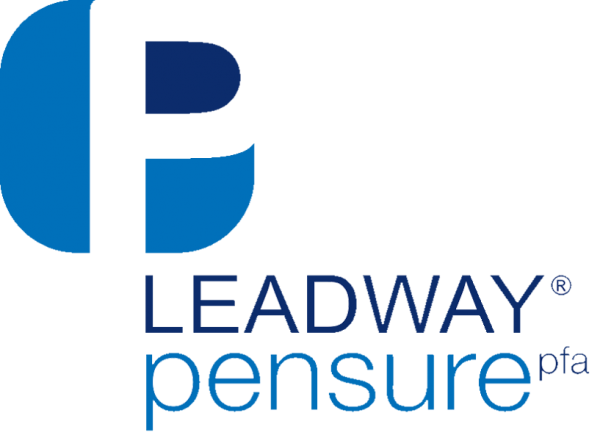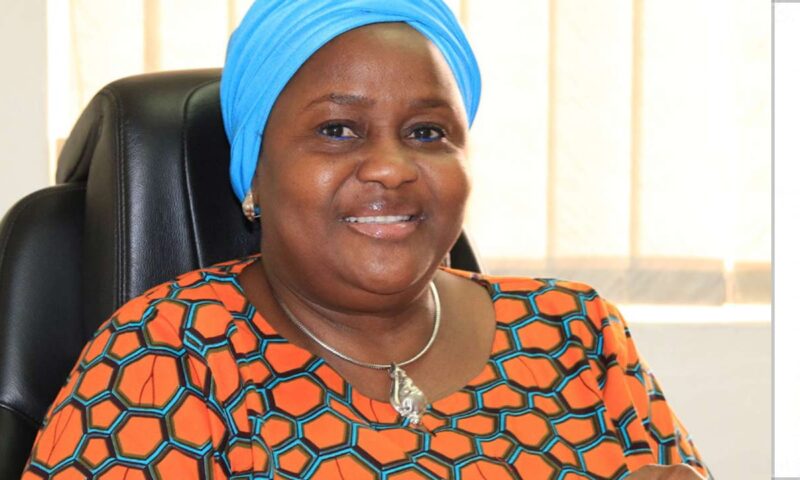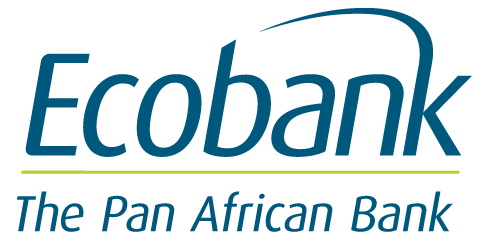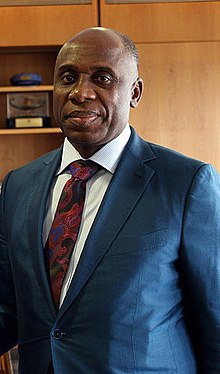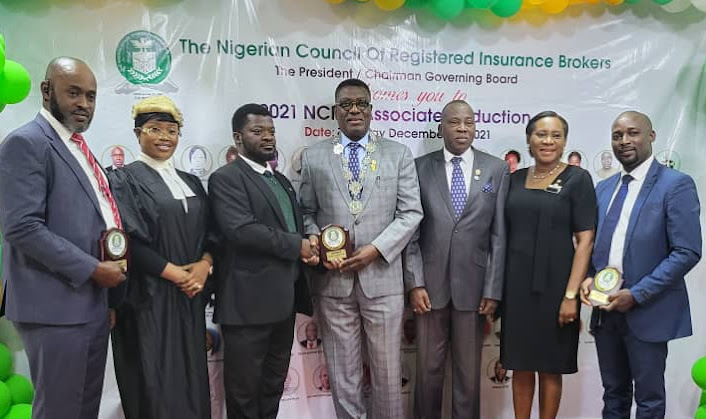By admin
The Landscape of Microinsurance 2021 shows that health insurance is the fastest growing segment of the data studied, jumping from fifth to first in successive years.
That’s perhaps not particularly surprising, given the COVID-19 pandemic, although it is still too early to say whether short-term heightened awareness of health risks will drive a longer-term increase in uptake of health microinsurance. What is surprising, however, is that many microfinance institutions (MFIs) appear to be reluctant to take advantage of a trend which could benefit themselves, their clients and wider society.
The Landscape Study suggests that while health microinsurance has been growing for several years, it has now taken over from life and credit life as the ‘starter’ product of choice for insurance providers looking to enter the low-income market. As the report notes, “The appeal of health insurance has only increased as COVID-19 has raised consumers’ awareness of health risks.” Of the different health insurance products reported, the study finds that hospital cash products are the biggest seller “partly because they are simple to administer with relatively low costs, and partly because providers find that they resonate with low-income clients.”
Yet research by the ILO’s Impact Insurance Facility – admittedly carried out pre-pandemic – suggests that only around one in five MFIs offer health insurance products to their clients. “Even before Covid, the World Health Organisation (WHO) estimated that 100 million people are pushed into extreme poverty every year by catastrophic health shocks, and the number is probably higher now because of Covid,” says ILO Technical Specialist Lisa Morgan. “That has a huge societal impact.”
Given the surge in demand for affordable health insurance products, a panel discussion during the recent European Microfinance Week asked whether MFIs were seemingly being left behind. “Developing health solutions can be a triple win for clients, society and MFIs,” says Morgan. “Keeping your clients and their families healthy makes business sense because there is a direct link between health and wealth. If you have good health you can work and you can be productive. If MFIs can keep their clients healthy it is ultimately good for their business.”
According to one analysis by the Grameen Crédit Agricole Foundation, ADA and Inpulse, more than 80% of MFIs had difficulties collecting repayments and disbursing loans in 2020, and almost every MFI reported an increase in their portfolio at risk.
Data from the 2021 Impact Finance Barometer shows that although MFIs ended 2020 with a total gross loan portfolio (GLP) of USD 159.9 billion, year-on-year growth was just 2%, compared to 12.4-16.3% in 2017-19. Faced with the urgent need to recover lost income, some MFIs – which have traditionally offered only credit life insurance to protect loan repayments in the event of a client dying – are now beginning to see the sense of offering health products as well.
“We have seen MFIs introducing health insurance because it’s one of the biggest risks their clients face, and it’s one of the risks that causes people to struggle to repay their loan,” says Richard Leftley Executive Vice President at the Micro Insurance Company. “Health is probably in the top three reasons why someone would get an unexpected bill which might then mean they were unable to meet a loan repayment. So we are starting to see a drive to include health in credit loan cover.”
A recent ILO briefing paper recommends that for maximum impact, MFIs should bundle together a number of different health-focused products and services – for example by combining access to government health schemes with health savings accounts or bundling with simple hospital care products. Value-added products such as telemedicine, health education, or reward schemes to incentivise healthier behaviour could all help MFIs take advantage of a growing market.
“It’s a natural extension for MFIs to offer health insurance,” says Leftley. “Health insurance is the one product their clients are going to use. Unlike credit life insurance – which is really there to benefit the lender – in many cases health insurance can benefit the client while they are still alive, and it can also benefit the MFI in those cases where a person has spent all their money on hospital visits instead of repaying their loan.”
Private sector partnerships could be one way to help MFIs offer health products – but that means public sector financing to help insurance companies de-risk in the market place. “The trend is for MFIs to partner with private sector, for-profit organisations so they can offer down-market products,” says Sitara Merchant, CEO at the Swiss Capacity Building Facility. “But the problem is there simply isn’t any funding at SDG [Sustainable Development Goals] level. You’ve really got to start pulling and pushing the private sector to come and partner with MFIs. Insurance companies, telcos and insurtechs all need funding to de-risk products on the market so they can achieve scale.”
Given that impact investors are increasingly focused on basic services for the most vulnerable – the Global Impact Investing Network (GIIN) 2020 investor impact survey reports that 49% of impact investors are targeting healthcare, second only to food and agriculture – it would seem logical that MFIs should have little problem accessing private sector finance in order to scale up their health insurance offers. Yet the same report shows that only 8% of impact investors surveyed invested in microfinance during 2020, which may reflect an increased trend to invest more in line with the SDGs.
That’s not to say that all MFIs are lagging behind when it comes to going beyond simple hospital cash products to offer innovative health insurance tailored to specific local needs. For example, BBVA Microfinance Foundation (BBVAMF), which operates MFIs across five countries in Latin America, has in recent years started offering health cover ranging from serious illnesses like Alzheimer’s and cancer to family wellbeing. In Colombia, one of BBVAMF’s MFIs offers health products specifically for women with premiums starting at just EUR 0.40 a month.
Recognising the debilitating health and income impacts of specific diseases – as well as the greater risk they pose to low-income consumers in emerging markets – a number of insurance companies have started offering disease-specific policies such as Pioneer in the Philippines, whose Medicash Dengue and Medicash Leptospirosis provide a cash benefit even if the patient doesn’t require hospital treatment. In some countries including China and India, low-cost health insurance protects against common but potentially catastrophic accidents such as dog and snake bites.
For now, however, hospital cash remains the most popular product in an increasingly diverse health microinsurance sector. “We’ve seen an evolution in terms of low-cost health products since they first stared to appear in the mid-2000s,” says Leftley. “First there were cashless models which provided access to a number of hospitals, then came capitation models in which a flat fee is paid per patient. Now we’ve ended up with hospital cash, which is cheap and flexible.”
“Over time we have landed on hospital cash as being a kind of happy equilibrium between something which offers enough client value but is also sustainable from a business point of view,” agrees Morgan. “From a health actuarial point of view, hospital cash is a much easier product to price – and it’s easy to scale up, unlike other health products which can quickly become unaffordable. It’s extremely difficult to offer more comprehensive health products without subsidy.”
Ultimately, it may be competition which pushes MFIs into offering more and better health microinsurance. In highly saturated markets such as East Africa or South-east Asia, MFIs cannot afford to compete simply by cutting interest rates or increasing maximum loan size – particularly in a risky post-pandemic economic environment.
In future, they will need to attract customers by offering added value, and health insurance could be one way for them to do that. In Africa, where MFIs make up nearly a quarter of all microinsurance distribution channels, failure to seize this opportunity will see them lose ground to more entrepreneurial distributors such as mobile network operators and insurtechs.
According to Richard Leftley, larger MFIs are already taking this on board. “Offering something which their competitors can’t offer seems to be one of the drivers for introducing health insurance products,” he says. “Most of the large MFIs are adopting it, and some of the most progressive are also offering health insurance as a stand-alone product so that once the loan is repaid, a client can opt to continue with their health cover.”
As the ILO concludes, healthy and economically active clients are more likely to earn and save more, and therefore repay their loans. Offering health microinsurance should be more than just an after-thought for MFIs, or they will risk being left behind.


